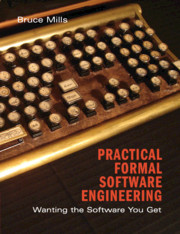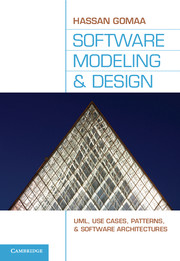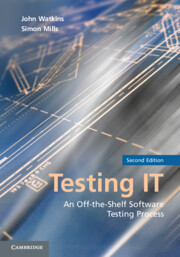Practical Formal Software Engineering
Based around a theme of the construction of a game engine, this textbook is for final year undergraduate and graduate students, emphasising formal methods in writing robust code quickly. This book takes an unusual, engineering-inspired approach to illuminate the creation and verification of large software systems. Where other textbooks discuss business practices through generic project management techniques or detailed rigid logic systems, this book examines the interaction between code in a physical machine and the logic applied in creating the software. These elements create an informal and rigorous study of logic, algebra, and geometry through software. Assuming prior experience with C, C++, or Java programming languages, chapters introduce UML, OCL, and Z from scratch. Extensive worked examples motivate readers to learn the languages through the technical side of software science.
- Takes readers through the creation of a complete software package based around a theme of the construction of a game engine
- Teaches software engineering as engineering, rather than mathematics or business
- Illustrates extensive worked examples with 1000 lines of code
Reviews & endorsements
'This book, including its exercises and projects, needs to be worked through. It brings formal methods down to earth, where they belong, but emphatically not in the 'For Dummies' sense. I highly recommend it.' George Hacken, Reviews.com
'This work is a fascinating course resource. Mills (software engineer, ABB, Australia) successfully manages to create an appealing and informative book while respecting the rigor and method required by formal software engineering. … the true winner in this book is the writing style, which coupled with the organization of the content, creates a compelling learning experience that a competent instructor can use to build an engaging course.' Choice
Product details
December 2019Paperback
9781108818643
376 pages
247 × 190 × 20 mm
0.7kg
Available
Table of Contents
- Part I. Fundamentals:
- 1. Arithmetic
- 2. Logic
- 3. Algebra
- 4. Diagrams
- Part II. Language:
- 5. UML
- 6. OCL
- 7. Z
- 8. Logic
- 9. Java
- Part III. Practice:
- 10. Implementation
- 11. State transformation
- 12. Plain text
- 13. Natural language
- 14. Digital geometry
- 15. Building dungeons
- 16. Multiple threads
- 17. Security.





